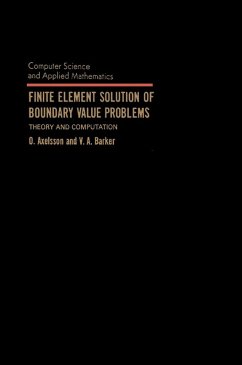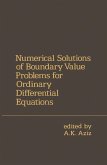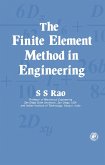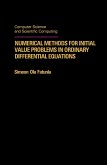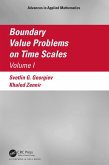This book is composed of seven chapters and begins with surveys of the two kinds of preconditioning techniques, one based on the symmetric successive overrelaxation iterative method for solving a system of equations and a form of incomplete factorization. The subsequent chapters deal with the concepts from functional analysis of boundary value problems. These topics are followed by discussions of the Ritz method, which minimizes the quadratic functional associated with a given boundary value problem over some finite-dimensional subspace of the original space of functions. Other chapters are devoted to direct methods, including Gaussian elimination and related methods, for solving a system of linear algebraic equations. The final chapter continues the analysis of preconditioned conjugate gradient methods, concentrating on applications to finite element problems. This chapter also looks into the techniques for reducing rounding errors in the iterative solution of finite element equations.
This book will be of value to advanced undergraduates and graduates in the areas of numerical analysis, mathematics, and computer science, as well as for theoretically inclined workers in engineering and the physical sciences.
Dieser Download kann aus rechtlichen Gründen nur mit Rechnungsadresse in A, B, BG, CY, CZ, D, DK, EW, E, FIN, F, GR, HR, H, IRL, I, LT, L, LR, M, NL, PL, P, R, S, SLO, SK ausgeliefert werden.

